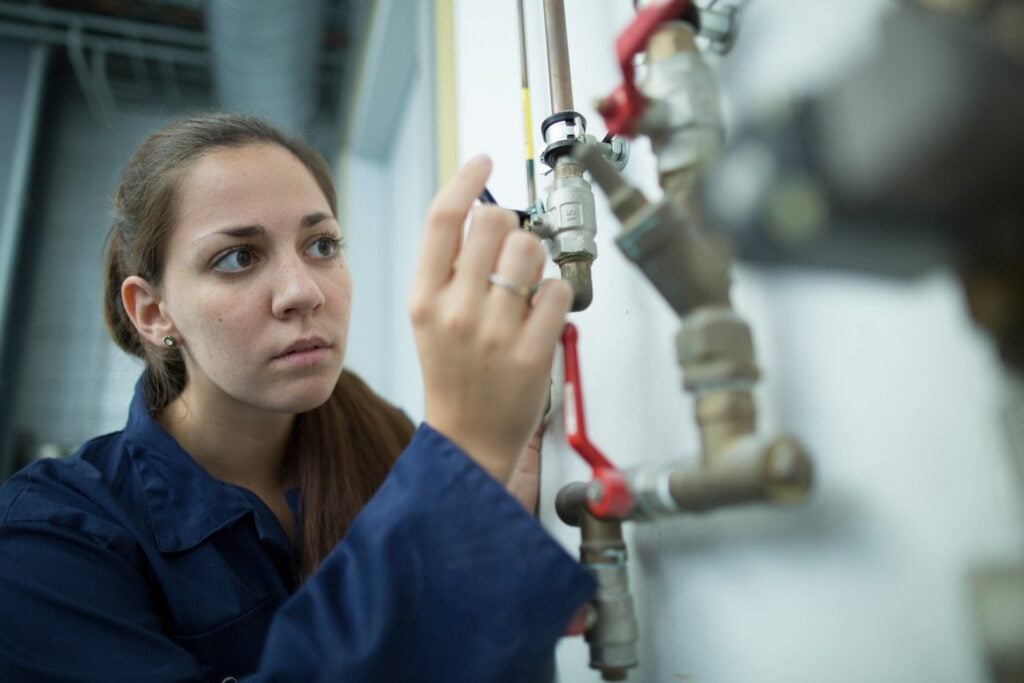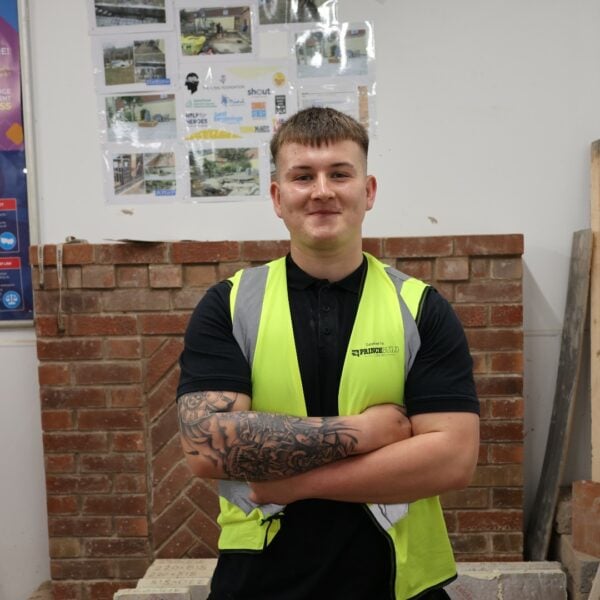Please only apply for this Apprenticeship Course if you already have a suitable employer.
Do you enjoy practical work and want to develop a skill you can use in different ways?
Are you looking to start a career within the plumbing and heating industry or upskill for an existing role?
Plumbing and Domestic Heating Technicians plan, select, install, service, commission and maintain all aspects of plumbing and heating systems. As an Apprentice, you will work towards becoming competent with the installation of plumbing and heating systems including accurate measuring, marking, cutting, bending and jointing metallic and non-metallic pipework.
You could be working on appliances and equipment including gas, oil and solid fuel boilers, as well as pumps, heat emitters, bathroom furniture or controls as part of cold water, hot water and central heating systems, along with above-ground drainage and rainwater systems. You will be part of an industry at the forefront of installing new and exciting environmental technologies like heat pumps, solar thermal systems, biomass boilers and water recycling systems. It is essential that you develop the knowledge, skills and behaviours to work independently or as part of a team, installing systems to the latest industry standards.
In addition to the core skills and knowledge requirements of this standard, you will choose a specialism from the following:
- Option 1: Fossil Fuel – Natural Gas
- Option 2: Fossil Fuel – Oil
- Option 3: Fossil Fuel – Solid Fuel
- Option 4: Environmental Technologies
We advise discussing these options with your employer before starting your Apprenticeship to ensure they can support you.
You can apply for an Apprenticeship if you are living in England, over 16 and not in full–time education. You must be in paid employment for the duration of your Apprenticeship course; you cannot be self–employed or a volunteer. Employers must pay you the minimum Apprenticeship wage or more for a minimum of 30 hours a week.

